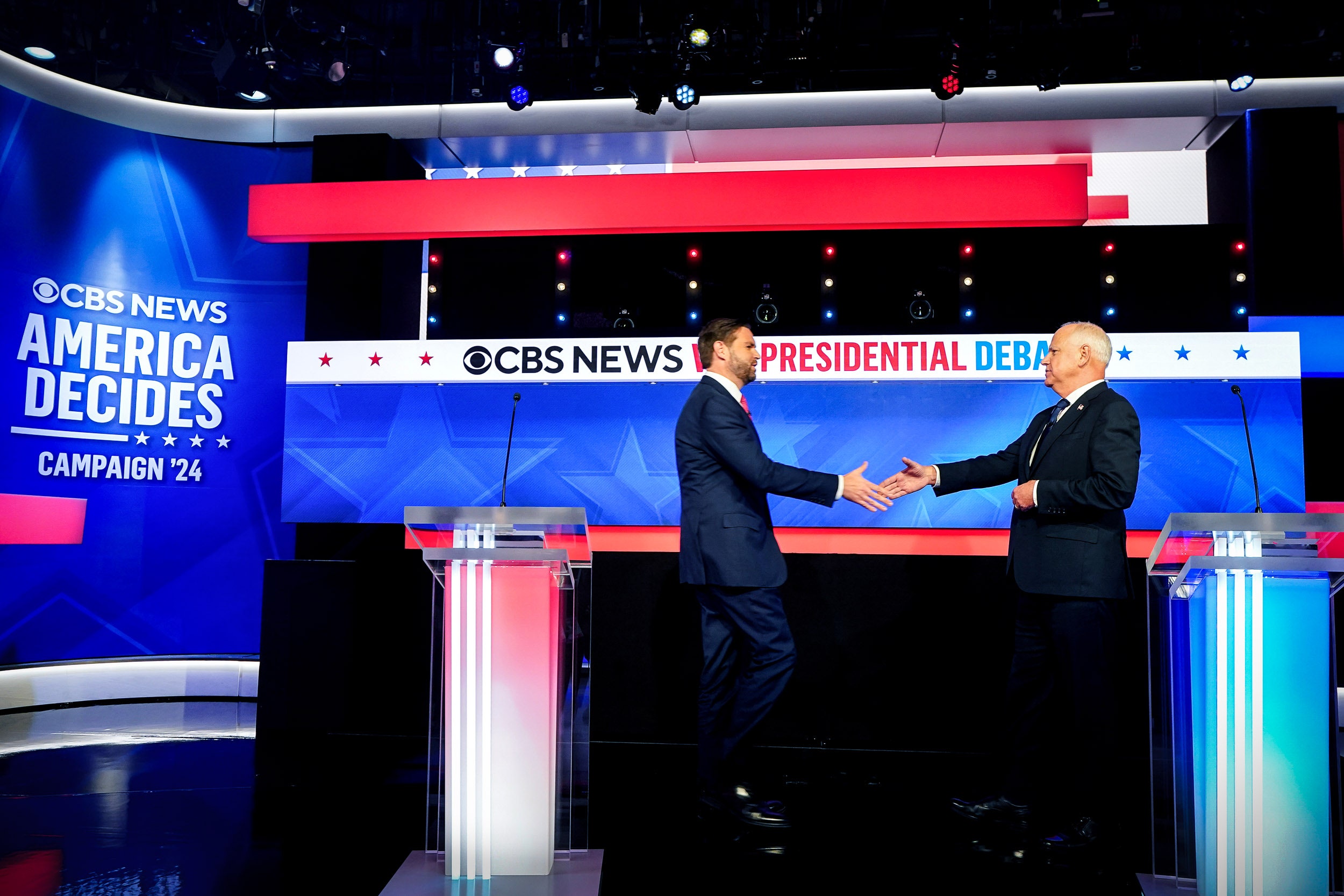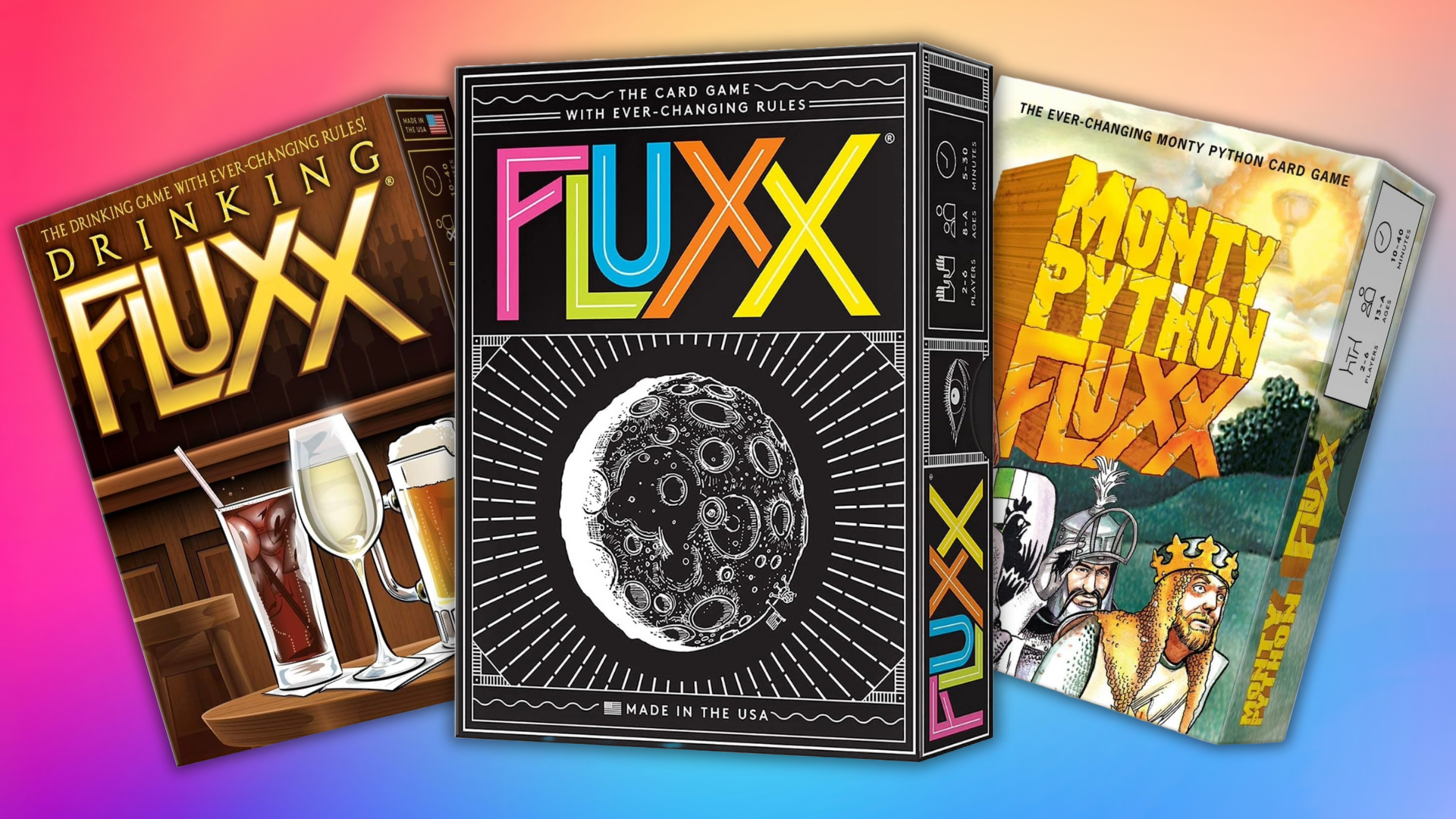The Book of Clarence opens in theaters January 12, 2024. This review is based on a screening at the 2023 BFI London Film Festival.
It’s reductive to watch a film and ask “Who is this for?” A film can be for any person. For those from marginalized communities, cinema that reflects your lived experience, your culture, and your values can be thin on the ground. Opening up your mind in the movie theater to take in a worldview that challenges and expands your own, allowing yourself to be surprised by shifts in tone and philosophy and laughing at what you assumed could never be made funny is one of the greatest gifts cinema can provide.
That being said: Who the hell is The Book Of Clarence for? To question what audience is after an extremely violent comedy about a stoned false Messiah in ancient Jerusalem – one that surreally satirizes present-day racism, has a musical number, and steadfastly holds Black Jesus as our one true savior – is not to say the movie is bad. Jeymes Samuel’s follow-up to his audacious Black western The Harder They Fall has much of the flair and flavor that made his debut such a joy – it’s hard to remember a Black period film as fun, exciting, and absurd. While the Wild West was no cakewalk for its Black inhabitants, Samuels sets his latest in an inordinately brutal period in history: The year is 33 AD, in the few weeks prior to Jesus Christ’s crucifixion. The occupying (all white) Roman forces wreak havoc on Jerusalem’s (all Black) inhabitants and set about mounting anyone they deem a false messiah on a cross.
We are aware that this fate awaits the eponymous Clarence (LaKeith Stanfield), thanks to an opening shot of a group of crucified men that slowly closes in on Stanfield's soulful eyes, staring directly at the audience as blood drips from nails in his hands and feet. The story then flashes back a month prior with Clarence and his trusty sidekicks Elijah (the always charming RJ Cyler) losing a chariot race to a badass Mary Magdalene (Teyana Taylor). Upon their defeat, they have no choice but to beg for the mercy of King Jedediah the Terrible (Eric Kofi-Abrefa) for losing his chariot; as compensation, he’ll accept either money (within a month) or their lives. Clarence at first considers becoming one of Jesus’ apostles to afford himself some protection, just as his twin brother Thomas (also played by Stanfield) has. But soon it seems skipping a step would be easier, and Clarence decides to give the whole messiah routine a go himself. At this point a creeping discomfort begins to set in, not because the film goes off the rails, but because it’s distracting to imagine the discourse that will emerge from a pro-Christian film about a false Black messiah protagonist who crosses paths with a quippy, dreadlocked Jesus.
Some of the satire is more crowd-pleasing: The running gag of Romans who behave like a bunch of Karens and corrupt cops never gets old, claiming victimhood when they are the aggressors and harassing the Black populations with persistent requests for ID (which, hilariously, are tiny scrolls of papyrus). Samuels has a knack for landing even the silliest of punchlines but also turns the style up to 11. Brothels become Afrofuturistic fantasies straight out of an '00s Hype Williams music video; drug dens have patrons floating into the clouds, tethered only by a loose grip on a hookah pipe. This version of Jerusalem, at times, feels a little underpopulated – when Clarence sets out to free enslaved gladiators, its just a handful of dudes – but everything onscreen is exquisitely colourful and lit with rare precision to an achingly cool hip-hop and R&B soundtrack.
Many of the of the minor characters prove great fun. James McAvoy and Micheal Ward chew scenery with aplomb as Pontius Pilate and Judas, respectively. David Oyelowo is utterly hilarious as an incredulous John the Baptist. Best of all is Alfre Woodard’s Mary, who gives Clarence a well-earned slap when he questions the immaculate conception and insists, “I was minding my own virgin business just being a virgin!”
While the comparisons to Life of Brian are obvious, The Book of Clarence doesn’t share as much as one would expect with the Monty Python comedy whose send-up of religion saw it accused of blasphemy and banned in many countries across the globe. Its jokes aside, The Book of Clarence has more philosophical overlap with Passion of the Christ, with (an admittedly much sassier) Jesus presented as lord and savior and an unflinching look at the brutality of crucifixion.
It's an admirable effort for Samuels to draw in so many of the world’s horrors and surround them with fun: The Book of Clarence is surprisingly cohesive for a movie that precedes a lynching with a dance number. But even if it's frequently impressive, it’s still pretty befuddling as a whole. It's possible there are many millions of movie fans who like their religious teachings with a side of racial commentary and a large helping of slapstick. Samuels puts faith in their existence, but to paraphrase something Clarence says to Thomas: “I believe in life itself. You pray to a man no one has ever met.”







